Banned Cuban Christmas? Read more about how these holidays are celebrated.
5. 6. 2024
What will you learn in this article?
Christmas in Cuba is a family holiday, and gifts are not as important as spending time together.
In addition to family moments, the celebration of the holidays is full of dancing, parties, and spectacular fireworks.
Read more about the traditions and customs accompanying these celebrations and how they differ from those in Europe.
How is Cuban Christmas celebrated?
Christmas Eve is called ‘Nochebuena’ (‘good night’), when families dine together and celebrate.
In Remedios, there is a huge fiesta (celebration) on Christmas Day, together with a parade called “Las Parrandas.”
The festivities begin at 10 p.m. when the church bells ring. There are lots of fireworks at midnight, and more celebrations ensue.
Children went to school on Christmas Day for a long time, but now it is a public holiday.
However, most shops remain open on Christmas Day, as do restaurants.
One story says that Las Parrandas originated in the 1820s when a priest was worried that after a big festive dinner, people would go to bed instead of going to midnight mass, so he made the children make a lot of noise so that people for the hearty they didn’t sleep for dinner!
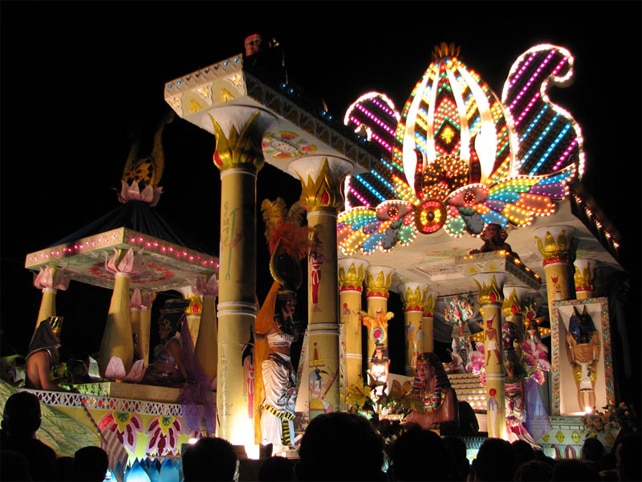
How was it with the banned Christmas parties?
Christmas was banned in Cuba from 1969 to 1998. The then Cuban leader Fidel Castro did not want any religious celebrations. In 1998, Christmas was again declared a public holiday in honor of the Pope’s visit to the country.
Even when holidays were banned, some people celebrated them, but very privately and quietly.
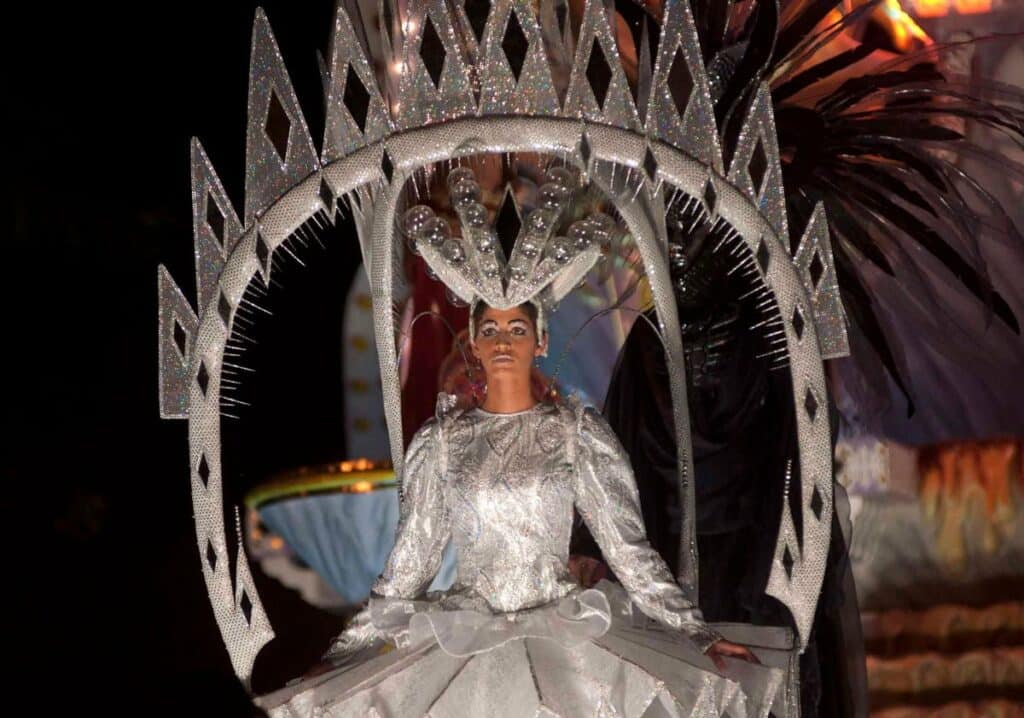
What are the Cuban Christmas traditions?
Christmas in Cuba differs significantly from Christmas in the United States or Europe.
The whole month of December is mainly devoted to cleaning, and it is an extensive Christmas cleaning. Otherwise, they say, there will be no presents under the tree.
Cubans are predominantly Catholic and love nativity scenes. The bigger, the better.
Christmas in Cuba is a time for family and friends, so visits and various celebrations are planned to fit everyone into the busy pre-Christmas calendar.
On the other hand, you won’t see Santa handing out presents anywhere; nobody goes caroling or sending Christmas cards.
Similar articles
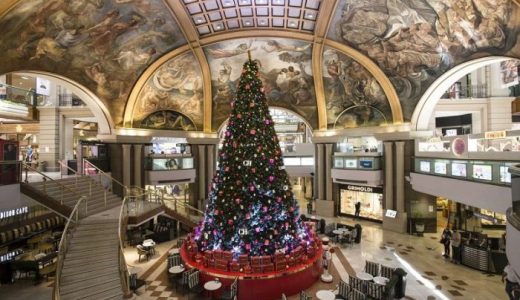
What does Argentine Christmas look like? Hay for the horses in front of the door and peacocks on the table!
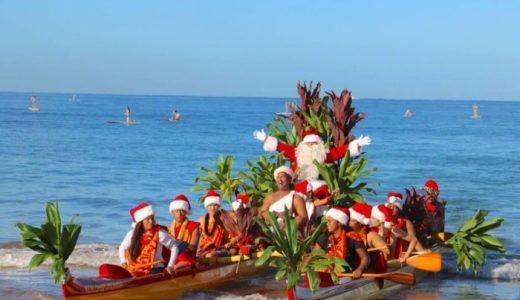
What does a Hawaiian Christmas look like? Surfing Santa Claus and ships importing Christmas trees
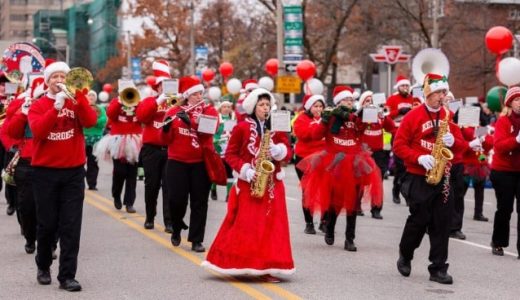
Experience the magic of a Canadian Christmas. Your Christmas tree might just come from here!
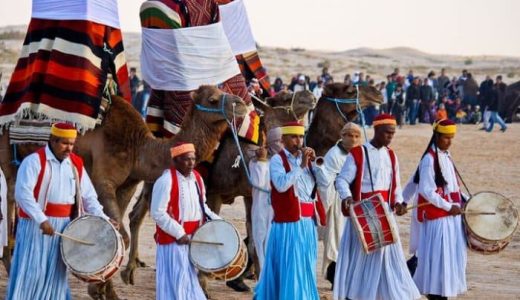
Tunisia is one of the countries that don’t celebrate Christmas – Tunisian Christmas exists primarily for tourists.
Christmas tree decoration
Most Cubans buy Christmas trees; others also decorate palm trees in front of their homes by wrapping Christmas lights around the slender trunks.
Have you ever wondered how Christmas is in Australia? If so, read our article! You will be surprised.
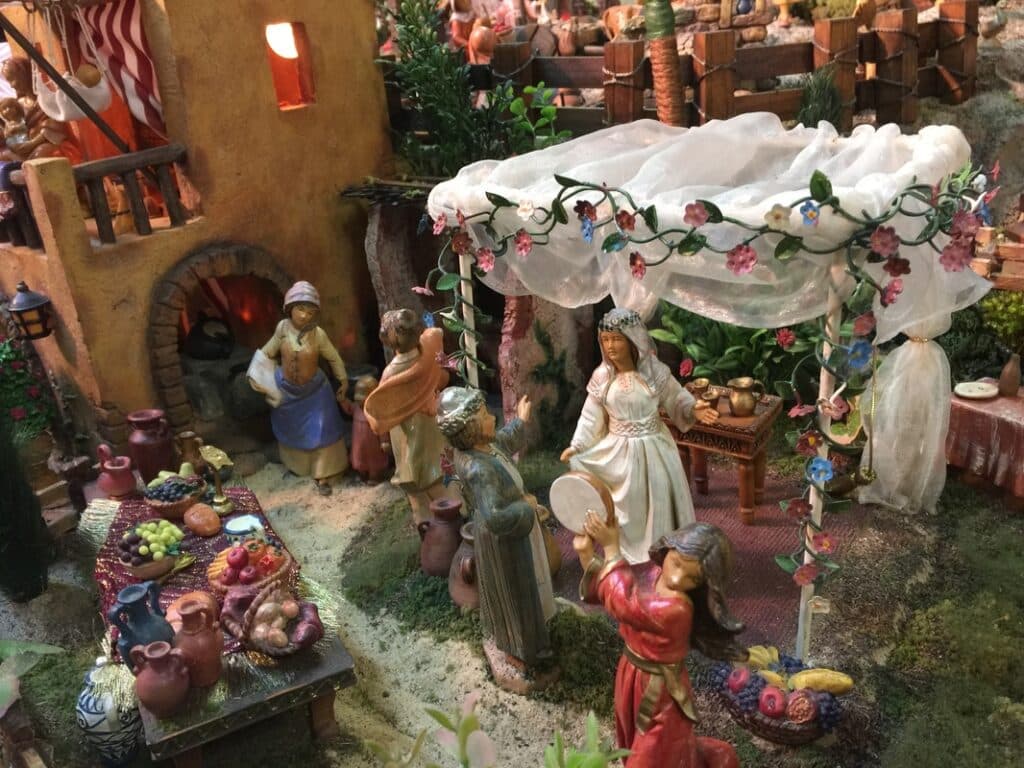
Who brings the children’s presents?
In Cuba, gifts are given and received on Nochebuena on December 24th from the extended family, and on December 25th, Christmas Day, Santi Clo (Santa Claus in Cuban parlance) brings gifts.
And because that’s not enough, on January 6-12, Los Tres Reyes Magos (Three Kings) also bring gifts for the Feast of Christmas or Epiphany. At least when you’re kids.
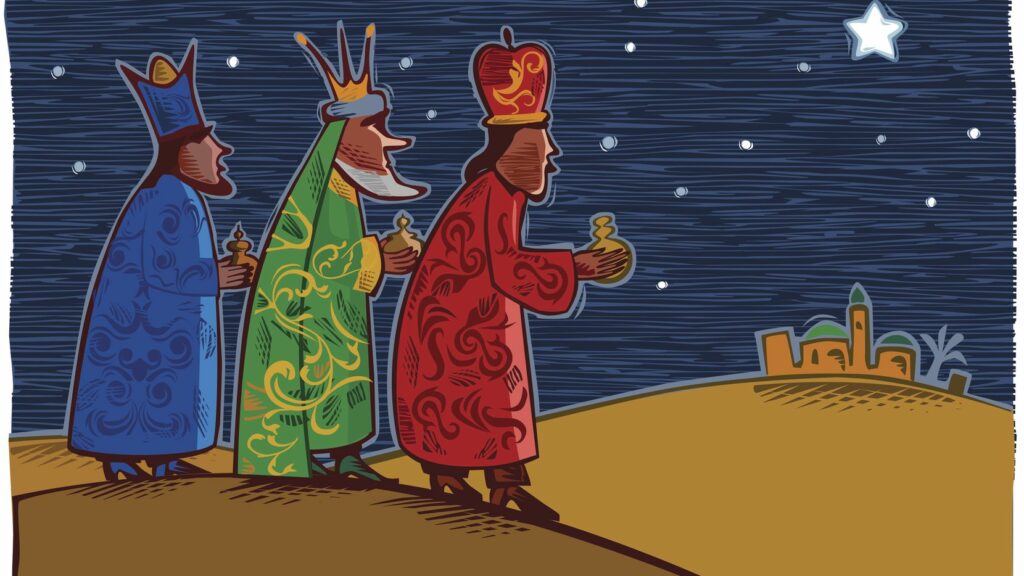
What do Cubans serve on the Christmas table?
The traditional main dish is roast pork (some families like to roast a whole pig), usually served with fried plantains, rice, and vegetables.
Dessert is often rice pudding or sweet potato pudding.
Happy birthday cake for Santa is essential among the various foods and desserts consumed during Christmas. All the little kids gather around the cake with some red and green frosted candles and sing Happy Birthday to Santa as loud as they can.
Buñuelos is a fried, sweet dough made from yuca flour and malanga, rolled into a figure 8 and served with an incredibly sweet syrup made from sugar, cinnamon, lemon juice, and vanilla.
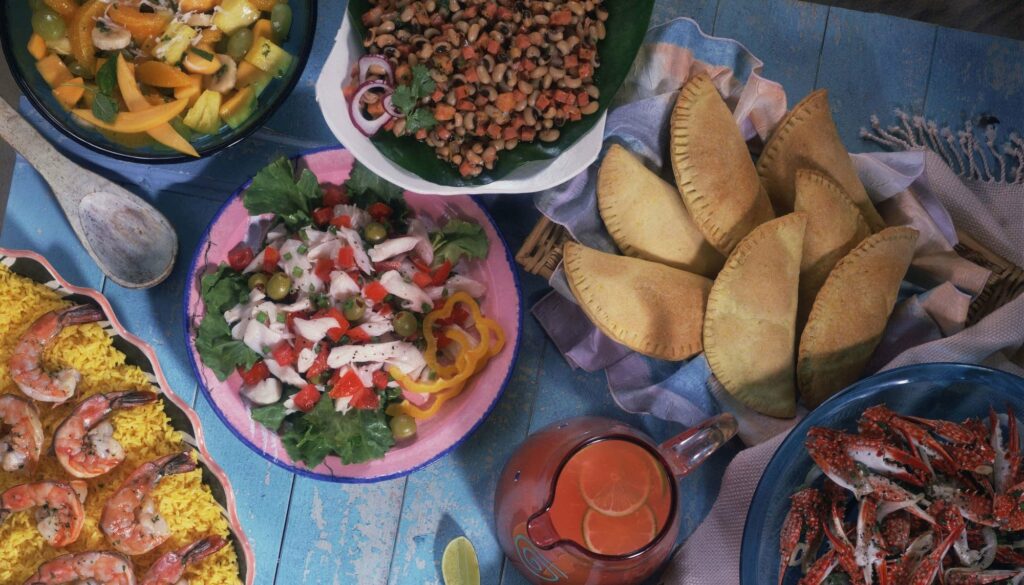
Which places to visit?
Popular cities in Cuba like Havana, Trinidad, and Cienfuegos host more intimate Christmas celebrations, and you can even attend midnight mass here, even if you’re not Catholic or don’t understand Spanish.
Casa Particulares
A Casa is the Cuban equivalent of a bed and breakfast. A few years ago, former President Raul Castro (Fidel’s brother) allowed Cubans to rent rooms in his house to tourists. It was really popular because tourists could get a feel of authentic Cuban life.
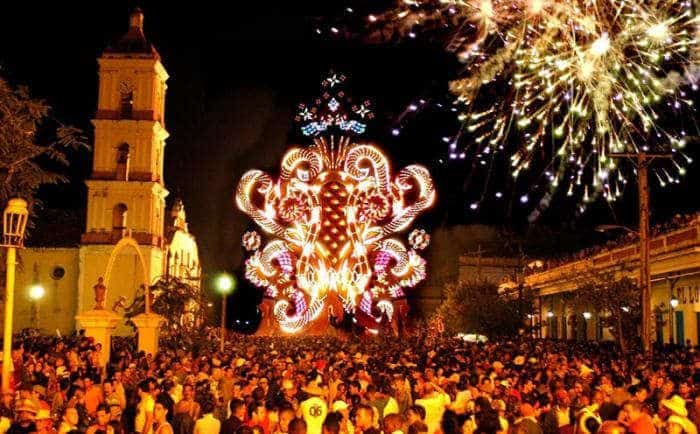
If you’re spending Christmas in Cuba, staying in an authentic Cuban home is the best way to experience Christmas like a local.

